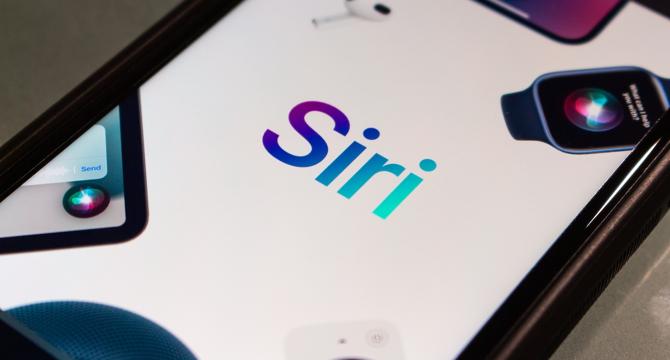Pymnts
3w
88

Image Credit: Pymnts
Siri Co-Designer: Apple’s ‘Fear of Not Being Perfect’ Hampers Siri Revamp
- Apple's co-designer of the original Siri, Luc Julia, mentioned that Apple's slow adoption of AI advancements is rooted in the company's perfectionist culture, causing delays in Siri improvements.
- Apple's delay in implementing generative AI has put Siri behind competitors like ChatGPT, Alexa, and Google Gemini, leading to a lukewarm reaction from consumers regarding Apple Intelligence features.
- The perfectionist culture at Apple, instilled by Steve Jobs, demands products to be nearly perfect before introduction, posing challenges in embracing rapidly evolving generative AI technology.
- Julia highlighted the difficulties in controlling AI completely due to the potential for toxic behaviors and hacking, factors Apple aims to avoid by ensuring a clean and creative AI environment.
- Apple's caution in AI development stems from past experiences like the criticized Apple Maps launch in 2012, reinforcing the company's fear of releasing imperfect products to the market.
- Siri's inception was driven by Steve Jobs' vision, with him being the sole executive at Apple supporting the idea of a voice assistant, highlighting his forward-thinking approach to technology.
- Despite consumer interest in fast-paced technological advancements like voice-activated AI, Apple's top management exhibits cautiousness in revamping Siri swiftly, echoing the company's historical approach.
- Julia suggested Apple should consider introducing a minimum viable product in conversational AI to showcase competitiveness in the tech race and address consumers' growing interest in voice-activated technologies.
- Innovation at Apple post-Steve Jobs has been relatively restrained, with notable advancements like the Apple Vision Pro headset standing out as key achievements in the company's recent history.
- Overall, Apple's meticulous nature and emphasis on perfectionism present challenges in navigating the evolving landscape of AI technology, impacting the pace of Siri's revamp and competitiveness in the market.
Read Full Article
5 Likes
For uninterrupted reading, download the app